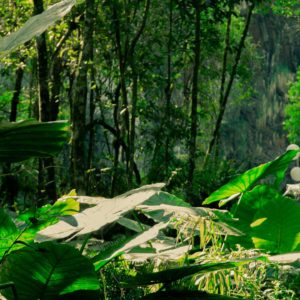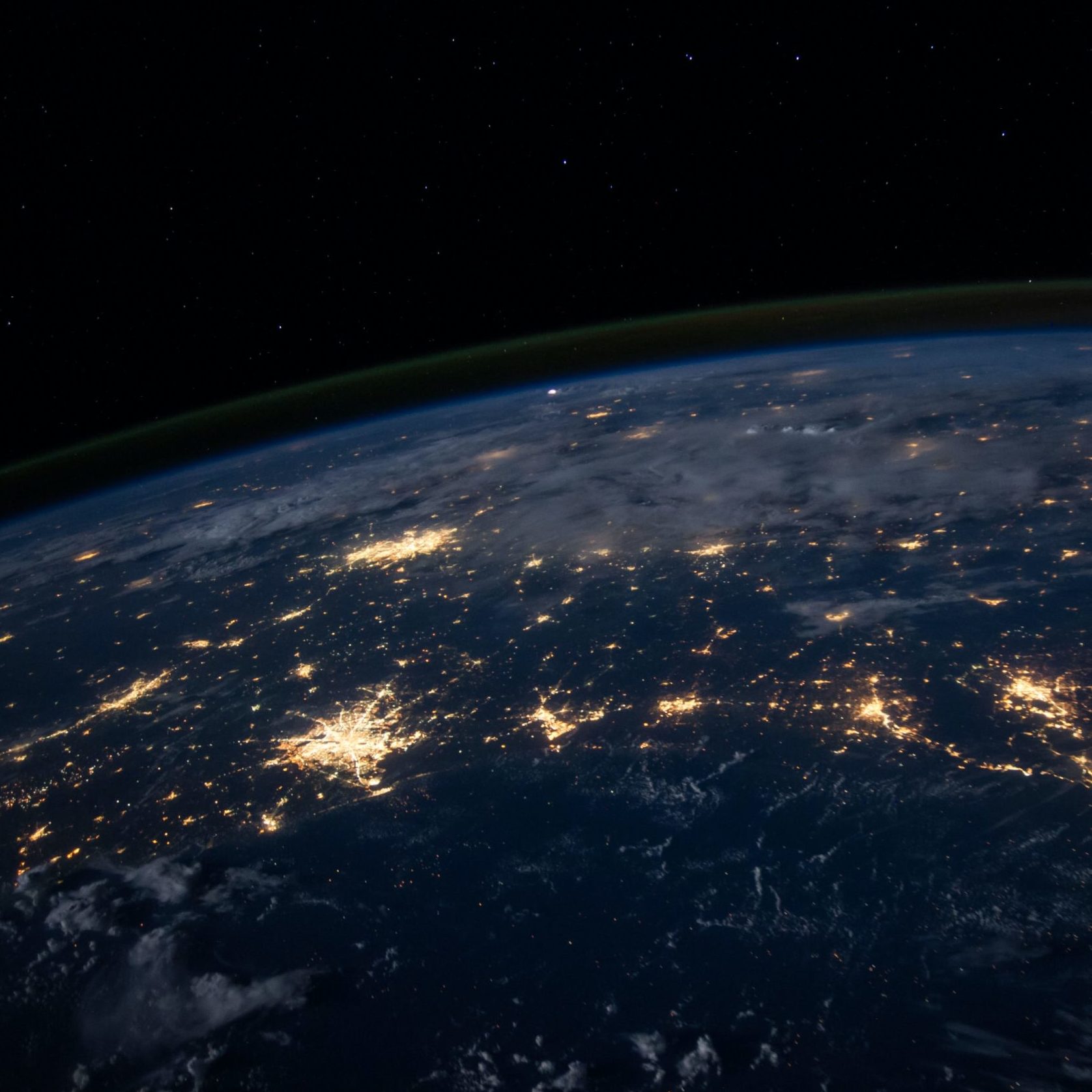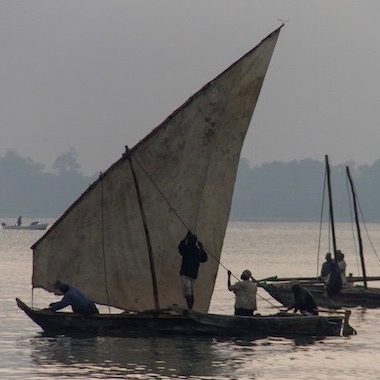Decolonizing Conservation
Decolonizing practices and knowledges around conservation policies and projects towards a more just world to both people and nature
Current conservation research and projects tend to embrace critiques to ‘fortress conservation’ model trough social participation and engagement. Nonetheless, this engagement occurs in limited terms. Market based and neoprotectionist solutions offer limited pathways moving forward in the direction of an equitable and just conservation; and efforts in terms of deepening democratic engagement are still much needed. In this context, there has been a rise of attention to the concept of ‘decoloniality’ in conservation global debates.
As conservation scientists and practitioners from and/or working on the Global South we watch with excitment and also concern this growth in a attention to decolonization: the concept might be misinterpreted, and this diffusion of ideas comes with the risk of diluting its value if underlying power structures are overlooked. At this working group we aim at pushing forward a framework and identifying practices that explicitly recognize underlying exclusionary perspectives that implicitly advocate for Western science and knowledge as more well-suited or legitimate to decision-making. We share the understanding that engaging in decolonial conservation requires a radical shift in focus of conservation efforts towards the myriad of vibrant forms of living with and knowing the world. This Pluriverse materialized by a multiplicity of peoples and cultures around the globe have, sadly, been much too often overlooked by Western-centric models of conservation and knowledge. We wish that this working group can be a space for reflecting on this diversity by connecting scientists from different disciplines and diverse territories and peoples through action and discourse.
Working group Coordinators:
- Dr. Laila Sandroni, Fellow, InterAmerican Institute for Global Change Research, Uruguay/Brasil.
- Dr. Mathew Mabele, Lecturer, University of Dodoma, Tanzania.
Working Group Participants:
- Dr. Anette Lanjouw, Chief Executive Officer, Arcus Foundation, USA.
- Dr. Ariadne Collins, Lecturer, University of Saint Andrews, UK.
- Dr. Fernanda Monteiro, Post-Doctoral Researcher, University of São Paulo, Brazil
- Dr. Gustavo Soldati, Assistant Professor, Federal University of Juiz de Fora, Brazil
- Dr. Judith Krauss, Post-Doctoral Researcher, University of Sheffield, UK
- Dr. June Rubis, Post-Doctoral Researcher, University of Sydney, Australia
- Dr. Kate Massarella, Researcher/Lecturer, Wageningen University, Netherlands
- Dr. Katia Ferraz, Assistant Professor, University of São Paulo, Brazil
- Dr. Wilhelm Kiwango, Lecturer, University of Dodoma, Tanzania




